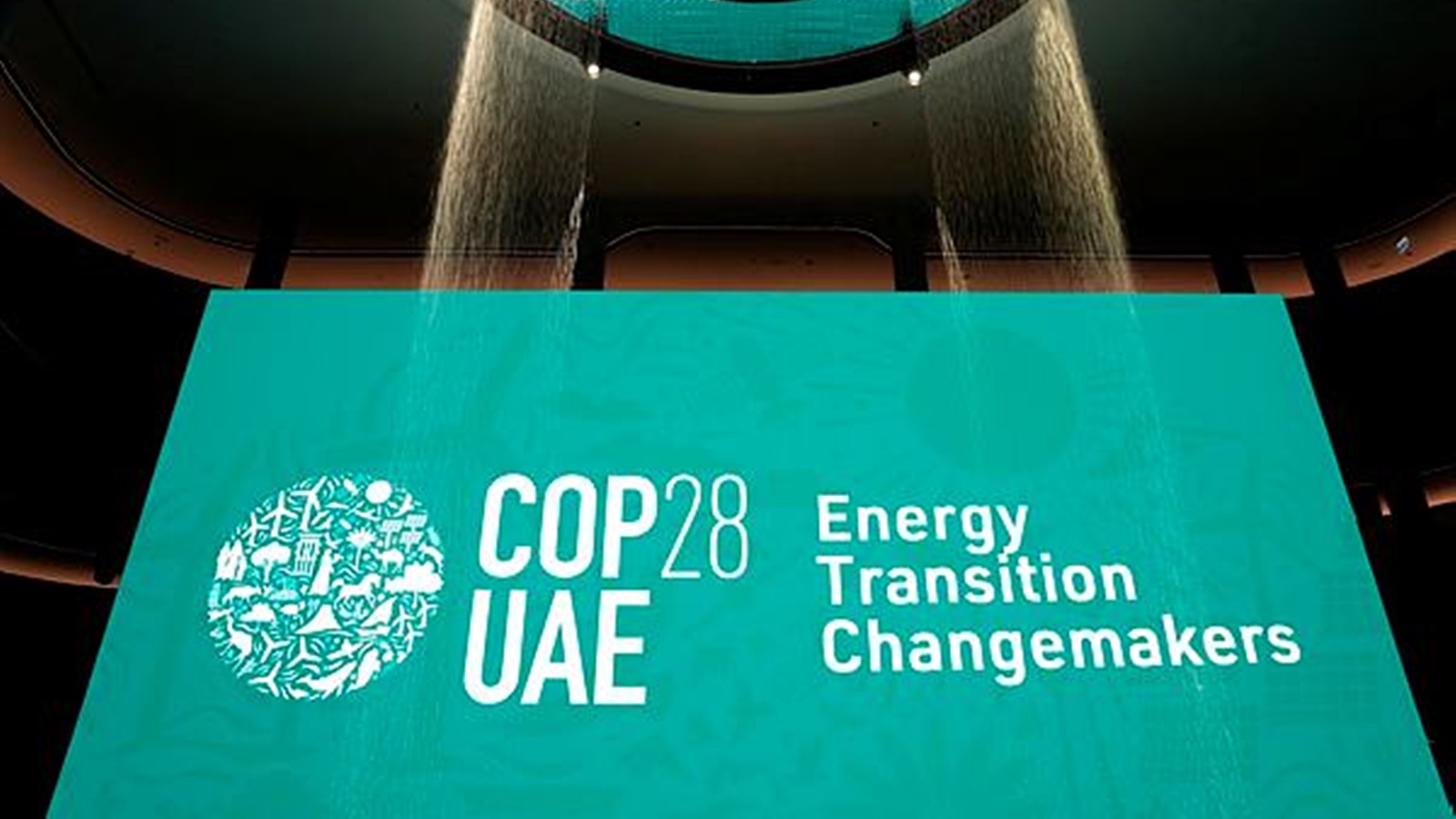In a bid to attain a net-zero emissions status, more than 20 countries have pledged to triple the global nuclear installed capacity by 2050, at the COP28 climate meeting.
Just as in the case of the pledge tripling renewable energy, India is not a part of the nuclear energy commitment as well, in keeping with its position not to join alliances outside the COP process.
Led by the United States, 22 countries including France, the United Kingdom, Japan, Canada, South Korea and Ukraine, pledged last week to “work together” to advance a “global aspirational goal” of tripling nuclear energy capacity from 2020 to 2050, recognising the key role that nuclear energy can play in keeping global warming below 1.5 degrees Celsius from pre-industrial times, and in ensuring net-zero transitions.
Nuclear energy is a clean but non-renewable source of energy. As of now, about 370 GW of operational nuclear power capacity is installed in 31 countries, providing about 10 per cent of the world’s total electricity, according to the International Atomic Energy Agency (IAEA). A tripling would see this go up to at least 1,000 GW by the middle of the century.
Nuclear power plants do not emit greenhouse gases and are an essential part of almost every pathway that takes the world to a net-zero emissions state by 2050.
“Studies confirm that the goal of global net-zero carbon emissions can only be reached by 2050 with swift, sustained and significant investment in nuclear energy,” a statement from IAEA director general Rafael Mariano Grossi said.
A recent study by the International Energy Agency said nuclear power had avoided nearly 70 billion tonnes of carbon dioxide equivalent emissions -- in the last 50 years.
Former chairman of India’s Atomic Energy Commission Anil Kakodkar said India must also be planning a rapid expansion of its nuclear energy sector in pursuit of its net-zero goal by 2070.
“I am not aware of the current diplomatic dynamics because of which India did not join the other countries in taking the tripling pledge at COP28, but we must be doing it. In fact, our requirements are such that we have to do much more than tripling. Our nearly 7 GW of installed capacity is already planned to grow to about 22 GW by 2032, so that itself is a tripling of capacity, but we need to go much further. There are scenarios for 2070 where India’s nuclear sector needs to grow by 100 times from current capacities,” Kakodkar said.
India currently has 6,780 MW of installed nuclear capacity, and is constructing eight new reactors, which will add almost an equal amount - 6,800 MW, thereby doubling its capacity in the near future.
“There is a perception that renewables will solve everything. In the short-term that might be the case. But as our hunger for clean energy increases, the demand cannot be met without getting into nuclear energy in a big way. Every projection shows that,” Kakodkar said, adding that in his opinion, it made sense for India to join the coalition at COP28.
“If you look at the commitments made, the countries are talking about collaborating on nuclear supply chains, building new reactors, and supporting others. So, each one of them hopes to emerge as a major supplier of nuclear components. It could have helped us, maybe even in strengthening our case for membership of the Nuclear Suppliers’ Group. But, maybe there are other nuances that I am not aware of,” he said.
At the COP28 event, the IAEA director general also announced that a first of its kind Nuclear Energy Summit would be held in Brussels in March next year to discuss the role of nuclear energy in reducing the use of fossil fuels, enhancing energy security and boosting economic development.

